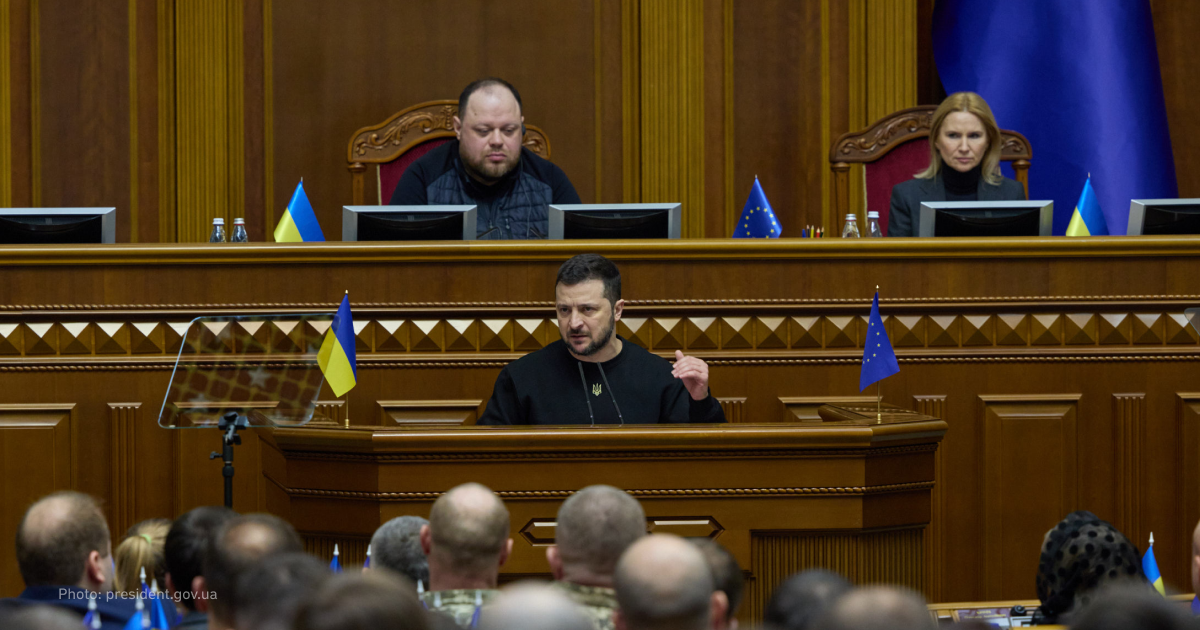Presidential republic: is this form of government suitable for Ukraine?
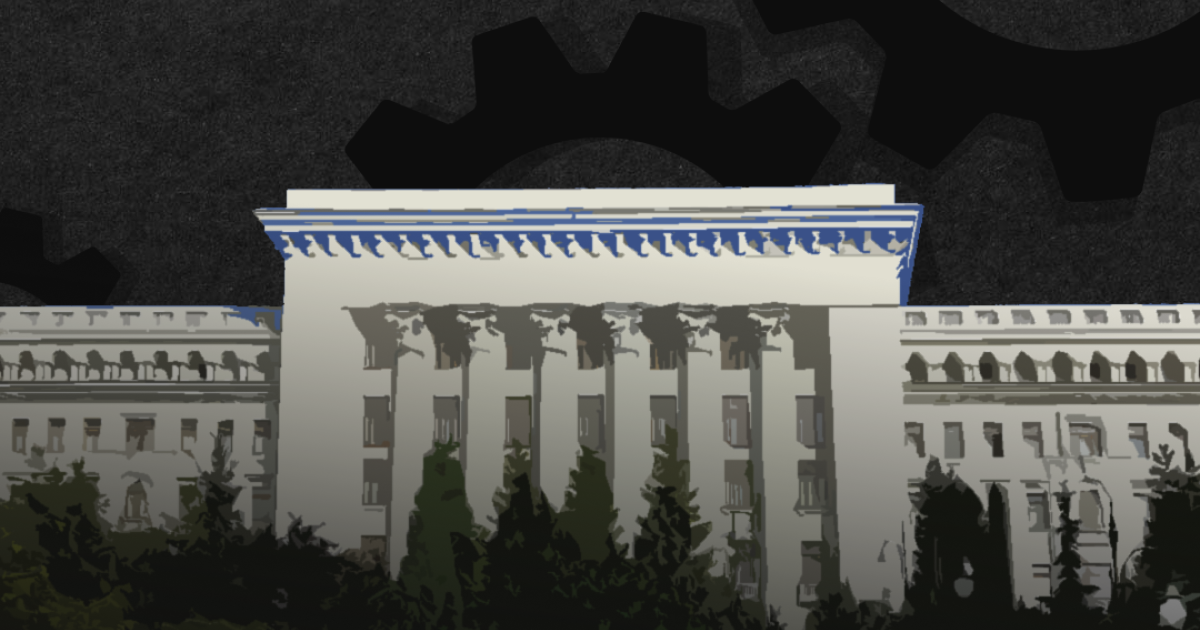
In 2021, National Security and Defence Council Secretary Oleksiy Danilov suggested the transition to a presidential form of government for Ukraine. In 2023, parliamentarians and the government are already talking about changing the form of government. The change could also become one of the reforms of state governance before joining the European Union.
This article discusses what a presidential republic is and whether Ukraine should adopt this form of government.
A presidential republic in theory
A presidential republic is when the president is given a broad range of powers. The president is the head of the executive branch and can either elect/appoint the government or even have the powers of the head of government. If the president chooses the government, the government is responsible to him, not the parliament. The president also has minimal responsibility to parliament and can hardly be impeached.
The United States of America is an example of a presidential republic. The country has no prime minister, and the president heads the executive branch. However, the US has been able to implement this form because it is a federal state successfully, says Oksana Zabolotna, head of the national analytics department at the Centre for United Actions.
She believes that some factors played a role in the US:
- an effective system of checks and balances between the president, who heads the executive branch, and the legislative body;
- the federal system, which makes it impossible to concentrate finances in one hand;
- a two-party system.

The presidential form of government is not so bad for federal states. Federal subjects ensure law and order. The president is responsible for defence and special services. Therefore, there is no actual concentration of the power unit in one hand,
explains Oksana Zabolotna.
Post-colonial countries are adopting and adapting the presidential system of rule. Researchers explain this by the disruption of governance in regional and local authorities due to colonial policies and the strict centralisation of power by country leaders. Thus, in African countries such as Uganda or the Democratic Republic of Congo, a presidential republic de facto turned into a dictatorship, says Anaïs Angelo, a PhD researcher at the Institute of African Studies at the University of Vienna.
Signs of a presidential republic in the history of independent Ukraine
According to Article 5 of the Constitution of Ukraine, the state is a republic. The Constitution does not specify a specific form of government in Ukraine. However, various political researchers, the US Department of State and the European Commission consider Ukraine to be a parliamentary-presidential republic, meaning that the powers of the president and the government are combined.
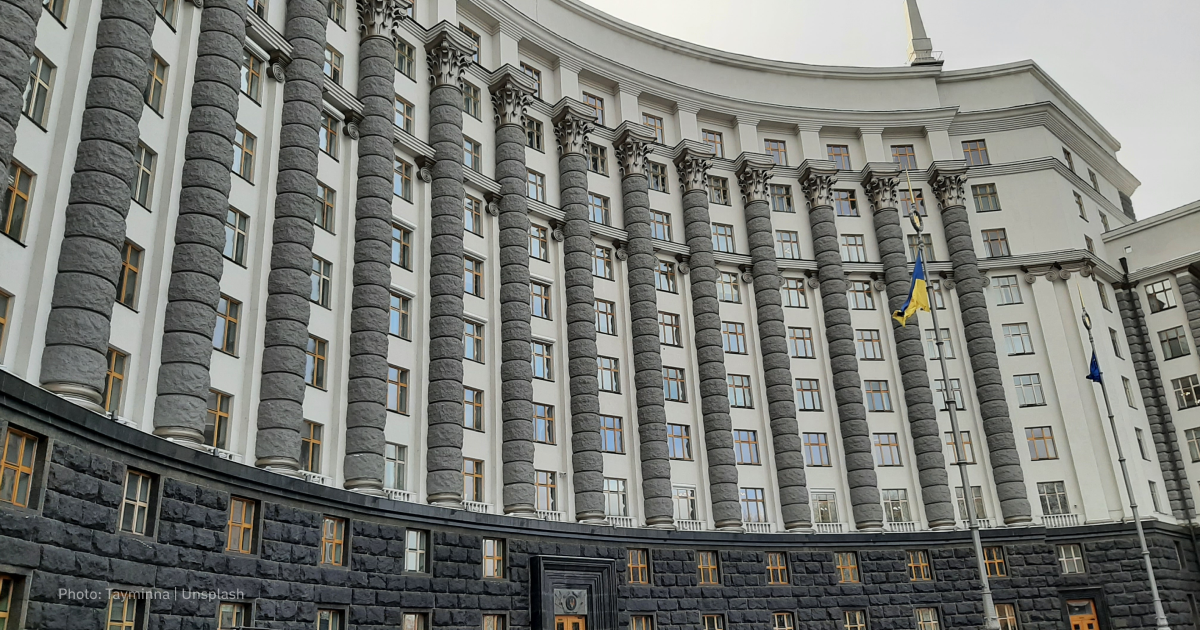
For example, in Ukraine, the president selects a candidate for prime minister, who forms the government and is approved by the Verkhovna Rada.
The fact that Ukraine does not have a clearly defined form of government has led to frequent amendments to the constitution on the responsibilities of the president and parliament, changing the form of government from presidential to parliamentary and vice versa.
The first amendment took place in 2004, at the end of Leonid Kuchma's second presidential term. The Verkhovna Rada extended its term of power from four to five years. The Cabinet of Ministers was appointed and subordinated to the parliament, while the president could only nominate a candidate for prime minister. The role of the parliament speaker was also expanded: in case of early termination of the president's powers, he had to perform his duties.
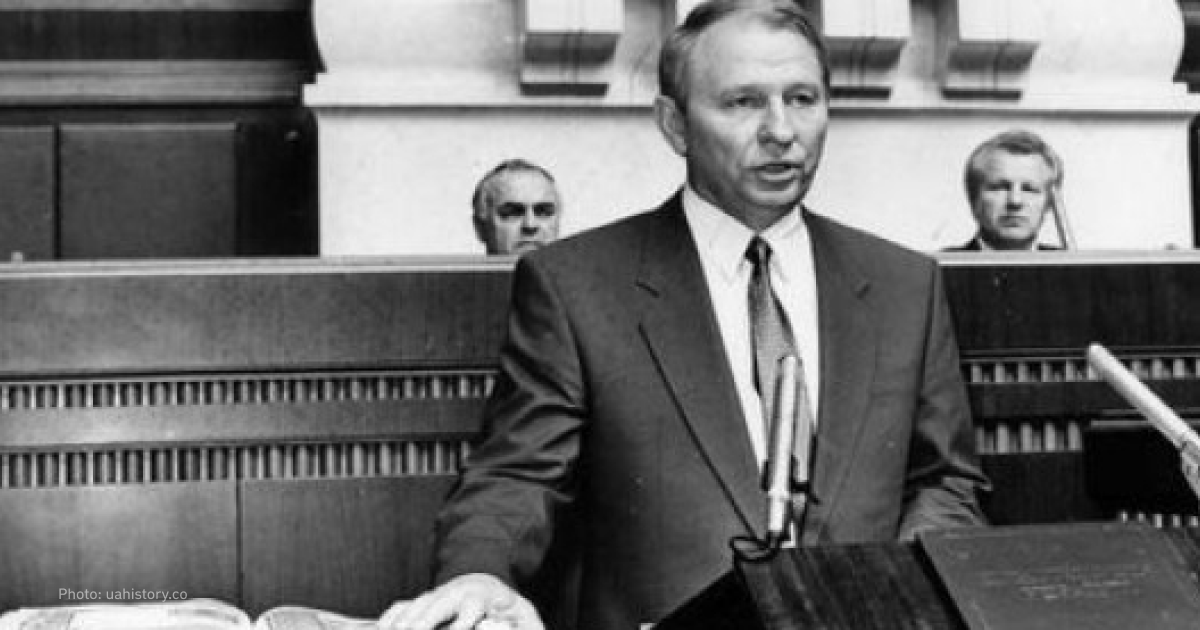
At the same time, the president's powers were limited: the government was no longer responsible to him, the president could not select candidates for ministers and determine the principles of domestic policy (such as defining the principles of state and economic development, approving the functions and structure of the Security Service and the Armed Forces, and electing judges), apart from holding the rank of Supreme Commander-in-Chief of the armed forces.
In September 2010, the Constitutional Court declared these changes unconstitutional and cancelled them. This gave the fourth president, Viktor Yanukovych, full power: he could independently choose the candidate for prime minister and the prosecutor general, as well as dismiss them, and he could appoint and dismiss heads of local state administrations.
In 2017, the General Prosecutor's Office initiated an investigation into the 2010 constitutional coup. Viktor Yanukovych and former Minister of Justice Oleksandr Lavrynovych announced suspicions under the first part of Article 109 of the Criminal Code — seizure of state power by conspiracy.
In 2014, after Yanukovych escaped and was impeached, the Verkhovna Rada renewed specific provisions of the constitution and restored the norms introduced in 2004. Presidential powers were again limited, while parliamentary powers were expanded. According to these norms, the state institutions of the president, parliament and cabinet still exist today.
Is the form of a presidential republic necessary for Ukraine?
Presidential republics still exist in the post-Soviet space. Such countries are Belarus, Azerbaijan and Qazaqstan. The concentration of power in the hands of one person leads to the gradual degradation of other authorities.
Most post-Soviet countries have been left with strong presidential powers and weak parliaments. This has led to the emergence of authoritarianism and dependence on Russia,
says Oksana Zabolotna.
In October 2010, Georgia adopted amendments to its constitution and declared itself a parliamentary republic. Currently, the president has only ceremonial powers in the country — he represents the country abroad, has the right to pardon prisoners and award citizenship.

The executive branch is vested in the parliament, and the president cannot even appoint and dismiss the commander of the armed forces without the government's proposal. In 2024, the president will be elected by parliament. The adoption of the parliamentary form of government has strengthened the stability of state institutions, according to the European Commission in its report on the potential membership of Georgia in the European Union.
Croatia is another example of a republic that has changed after the implementation of the parliamentary form of government.
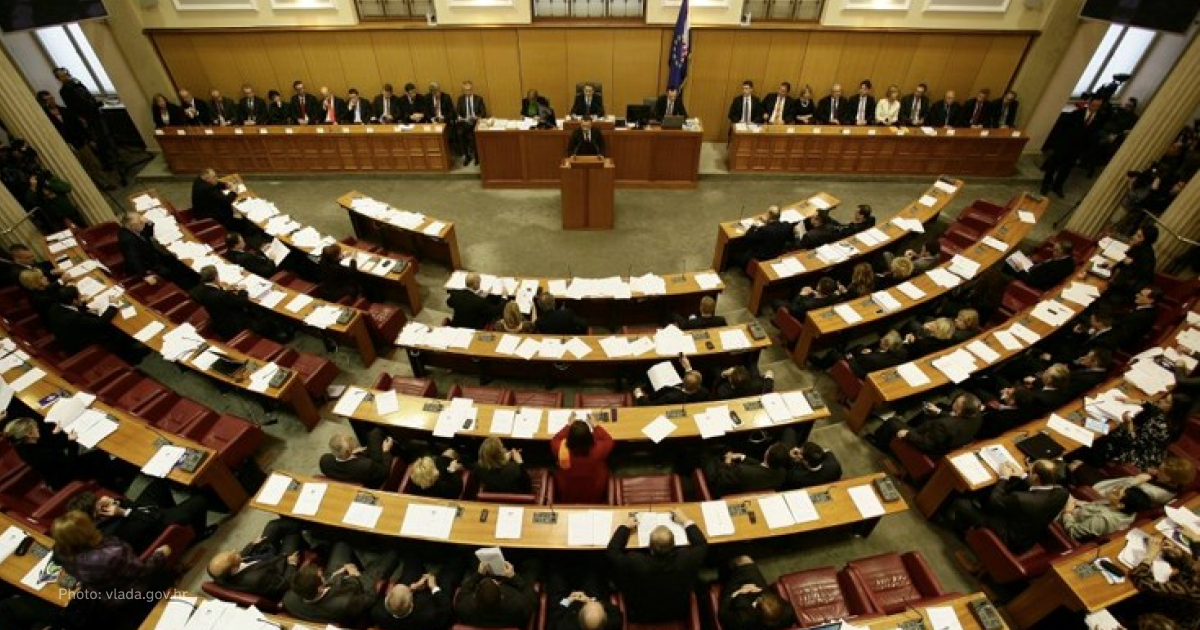
Those countries that switched from totalitarianism to a parliamentary form of government have become successful. Croatia started to develop right after the transition to a parliamentary form of government,
says Oksana Zabolotna.
The government, appointed by the Croatian parliament, has full executive power. The president has ceremonial powers: he represents the country abroad, is the supreme commander-in-chief, and has the right to grant citizenship. Unlike in Georgia, the president of Croatia is elected in general elections. The constitution limits the post of president to a maximum of two terms in office and does not allow him to be a member of a political party.
The change in the form of government and the transfer of powers to the Parliament allowed Croatia to implement the reforms necessary for EU membership. Negotiations took six years. During this time, the country carried out judicial reform, introduced anti-corruption laws and improved human rights protection. Croatia became a member of the European Union in 2013.
Between 2004 and 2014, the Ukrainian institutions - the Parliament and the Constitutional Court - intervened three times in the Constitution, which defines the functioning and distribution of powers of the main state bodies.
Ukraine's experience shows that any concentration of power in the hands of the president turns into a dictatorship, and this is contrary to the nature of Ukrainians,
Zabolotna says.
The head of the national analytics department at the Centre for United Actions is convinced that there are almost no examples of unitary states with a successful presidential form of government, and Ukraine is a unitary state. The centralisation of power in one state institution, represented by a single person, can potentially lead to the destabilisation of other institutions and branches of government, which will strengthen authoritarianism.
